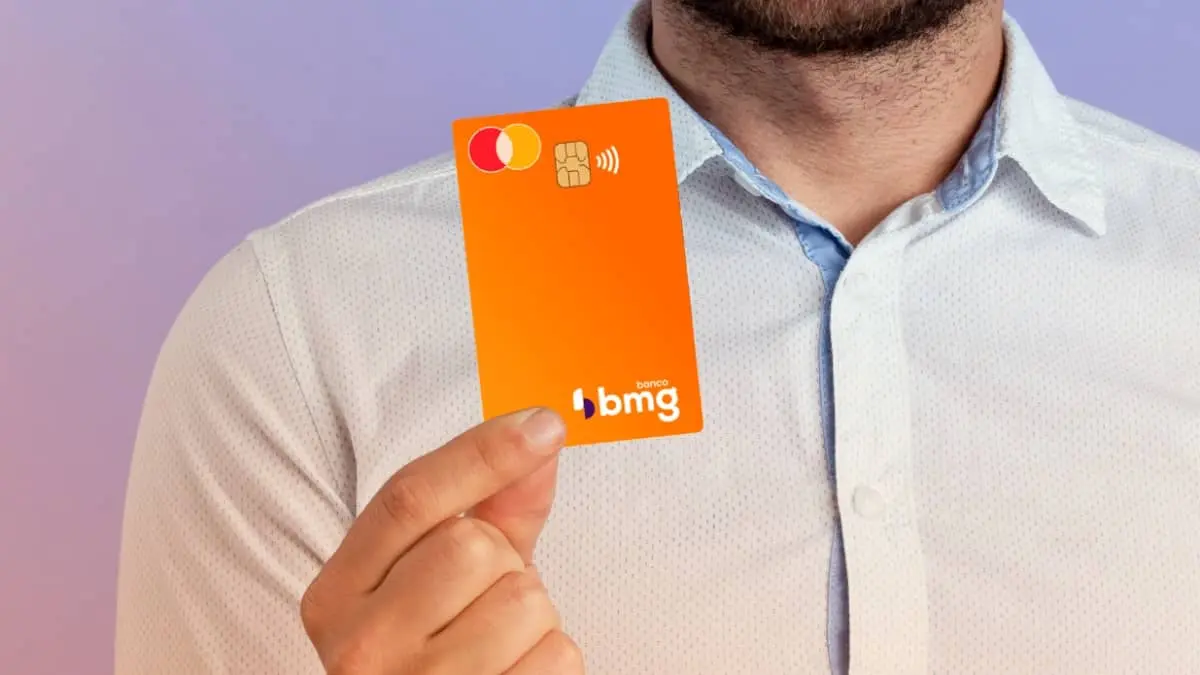Investments
Federal Revenue Identifies More than 25 Thousand Brazilians with Undeclared Bitcoins
Advertisement
Strategies and Tips for Storing Your Crypto Assets with Maximum Security
The Federal Revenue Service identified 25,126 Brazilian taxpayers who owned bitcoins and failed to declare the crypto asset in their 2023 Income Tax Returns. Each individual held at least 0.05 bitcoin, valued at around R$10,000.
The total amount not reported to the IRS exceeds R$1 billion. Using artificial intelligence and cross-referencing of international data, the agency also detected that at least 181 of these taxpayers may reside abroad and, under certain conditions, may be exempted from declaring such amounts in Brazil.
The total number of investors declaring bitcoins in 2023 was 237,369, with a cumulative value of R$ 20.5 billion. The analysis of the profile of these investors revealed that more than half (50.9%) invested up to R$ 1 thousand, while 80.6% declared investments of up to R$ 10 thousand.
Some participants indicated that they own more than R$1 million in bitcoins. The Federal Revenue Service reported that, since last year, it has made a specific data model available for crypto assets in the pre-filled declaration, and this year the field will be accessible again.
The ministry’s statement highlights that the growth of the cryptoasset market is being monitored by several tax administrations around the world, which are developing mechanisms to promote transparency. In this context, more than 40 jurisdictions simultaneously released the joint statement, highlighting a global trend of control and regulation of the cryptocurrency market.
Learn How to Store Your Cryptocurrencies Correctly
Storing cryptocurrencies securely is essential to protect your digital assets from theft or loss. Here are some correct ways to store cryptocurrencies:
- Hardware Wallets:
- Use hardware wallets like Ledger Nano S, Ledger Nano X, or Trezor.
- These physical wallets keep private keys offline, increasing security.
- They are ideal for long-term storage and reduce exposure to online threats.
- Secure Software Wallets:
- Opt for reputable software wallets like Exodus, Electrum, or MyEtherWallet.
- Always keep your software up to date to fix possible vulnerabilities.
- Use strong passwords and enable two-factor authentication (2FA).
- Paper Wallets:
- Consider creating paper wallets to store private keys offline.
- Keep them in safe places, such as safes or deposit boxes.
- Use reputable services to generate paper wallets and make sure you understand the process.
- Hardware Safes:
- Some investors choose physical hardware vaults or deposit boxes.
- This option provides an extra layer of security, especially for paper or hardware wallets.
- Proper Backup:
- Make regular backups of your private keys and recovery phrases.
- Store backups in safe locations, preferably in multiple copies and locations.
- Avoid Online Wallets or Extended Exchange:
- Limit the amount of cryptocurrencies held in online wallets or exchanges.
- Please use these options for trading purposes only and transfer funds to more secure wallets.
- Constant Updates and Research:
- Be aware of security updates and fixes for the wallets you use.
- Stay informed about cryptocurrency security best practices.
- Wallet Insurance:
- Consider purchasing specific insurance for your cryptocurrencies.
- Some services offer coverage against theft or unauthorized loss.
- Digital Consciousness:
- Be aware of online threats, phishing and fraud schemes.
- Never share your private keys with anyone and avoid clicking on suspicious links.
- Diversification and Small Amounts in Hot Portfolios:
- Diversify your investments across different portfolios and assets.
- Keep small amounts in online wallets to make trading easier, but keep the majority in secure storage.
5 Secure Offline Wallets Available in the Market
- Ledger Nano S: A popular choice, the Ledger Nano S is a compact and secure hardware wallet. It stores private keys offline, providing extra protection against online threats.
- Trezor Model T: Featuring a touchscreen display, the Trezor Model T is an easy-to-use hardware wallet. It supports a variety of cryptocurrencies and keeps private keys securely offline.
- KeepKey: KeepKey is a hardware wallet that protects your private keys offline. With a sleek design, it offers robust security and support for multiple cryptocurrencies.
- Coldcard Wallet: Designed with security in mind, Coldcard Wallet is an option for advanced users. It allows offline transaction verification, providing a high level of protection.
- Ellipal Titan: Offering complete isolation, Ellipal Titan is an offline wallet that keeps private keys away from online connections. It has a user-friendly interface and is resistant to physical attacks.
When choosing an offline wallet, it’s essential to consider your specific needs, such as support for specific cryptocurrencies and ease of use. Remember to keep your recovery information safe and never share it with third parties. Remember, security is a top priority when dealing with cryptocurrencies. Evaluate your options based on your risk profile and digital security best practices.





